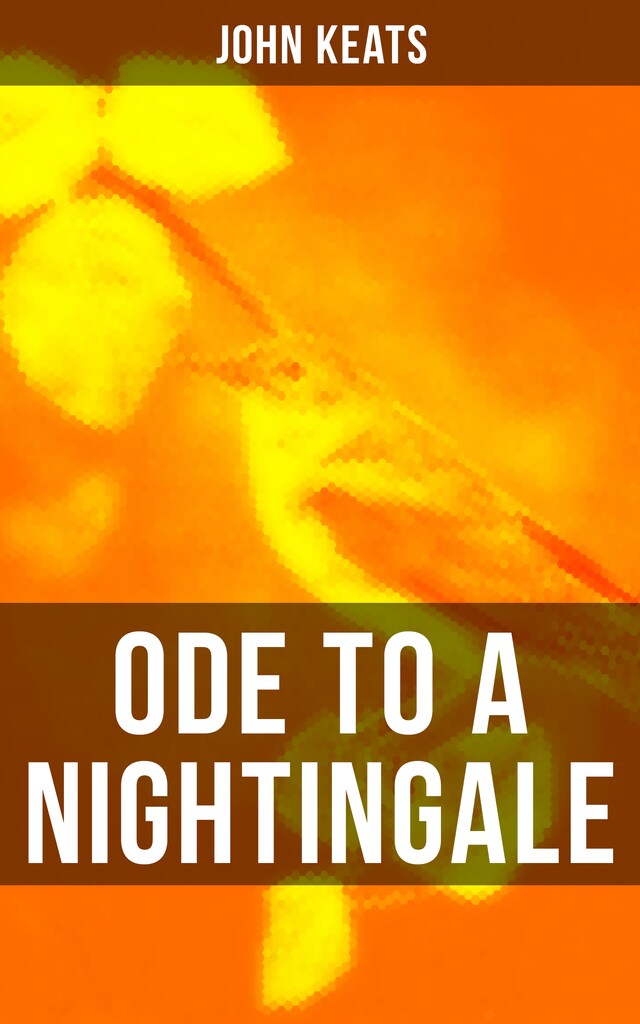
ODE TO A NIGHTINGALE
Description of the book
In John Keats' 'Ode to a Nightingale,' the reader is taken on a lyrical journey through the beauty and suffering of life. Keats masterfully intertwines themes of nature, mortality, and art, creating a rich tapestry of emotions and philosophical ponderings. The poem's use of vivid imagery and complex symbolism places it firmly within the Romantic literary tradition, while its exploration of the fleeting nature of life gives it a timeless quality that continues to resonate with readers today. Keats' beautiful and poignant language captures the essence of human experience and invites readers to reflect on their own place in the world. Through the nightingale's song, Keats weaves a poignant meditation on the transience of beauty and the power of art to transcend the limitations of mortality. John Keats, a prominent Romantic poet, drew inspiration for 'Ode to a Nightingale' from his own experiences with loss and longing. His intimate connection to nature and his keen sense of observation are evident in the detailed and evocative descriptions found throughout the poem. Keats' personal struggles with illness and mortality infuse his work with a deep sense of melancholy and introspection, inviting readers to contemplate the complexities of existence alongside him. I highly recommend 'Ode to a Nightingale' to readers interested in exploring the depths of human emotion and the power of poetry to illuminate the mysteries of life. Keats' timeless meditations on beauty, mortality, and art offer a profound and moving experience that continues to captivate and inspire readers centuries after its publication.


